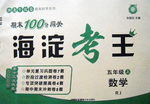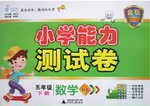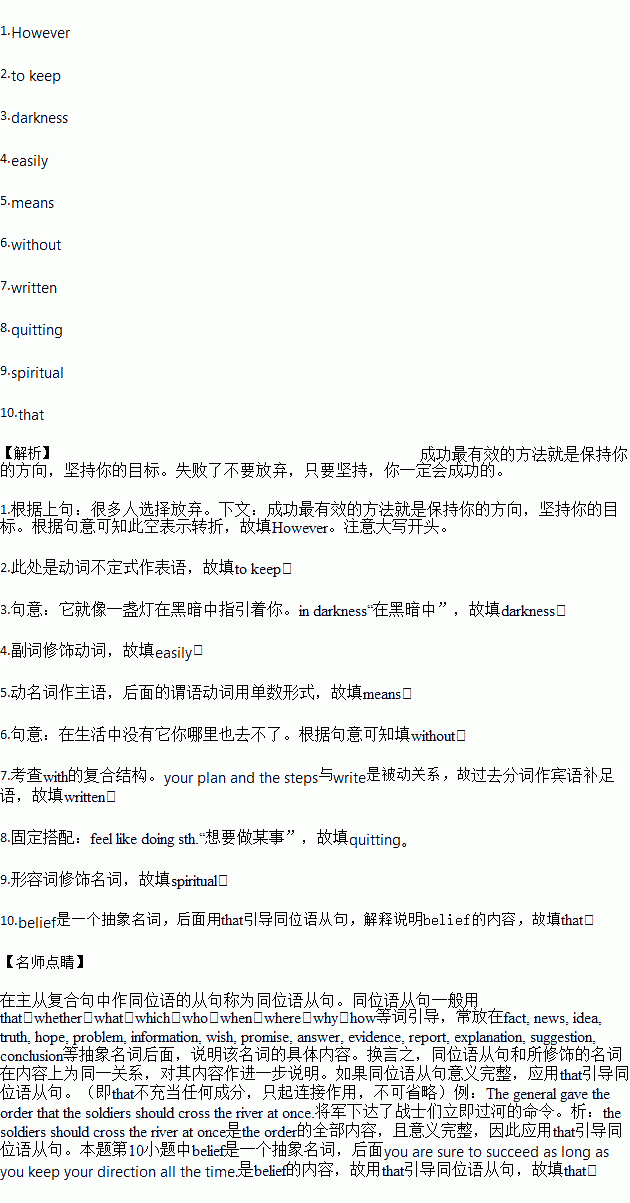题目内容
What would you do if you failed? Many people choose to give up. 1., the most effective way to succeed is 2.(keep) your direction and stick to your goal. On your way to success, you must keep your direction. It is just like a lamp guiding you in 3.(dark). It helps you overcome obstacles on your way. Otherwise you will4. (easy) get lost or hesitate to go ahead. Having direction 5.(mean) having a goal. You can get nowhere6.it in life. You can try to make practical plans to achieve it, with your plan and the steps 7.(write) on paper. In this way you will know how to arrange your time and to spend your time properly. You can also share your goal with your friends and family members. Whenever you feel like 8.(quit), they may offer you some9.(spirit) support to keep you going. Most importantly, you should always hold the belief 10.you are sure to succeed as long as you keep your direction all the time.
 期末100分闯关海淀考王系列答案
期末100分闯关海淀考王系列答案 小学能力测试卷系列答案
小学能力测试卷系列答案-I ___ need to-I managed perfectly well on my own.( )
| A. | wouldn't | B. | don't | C. | didn't | D. | won't |
| A. | even more | B. | even more so | C. | so much | D. | so far |
| A. | are working | B. | have been working | ||
| C. | worked | D. | had worked |

